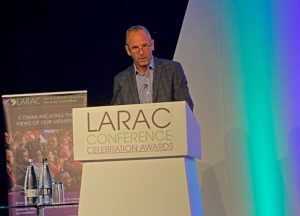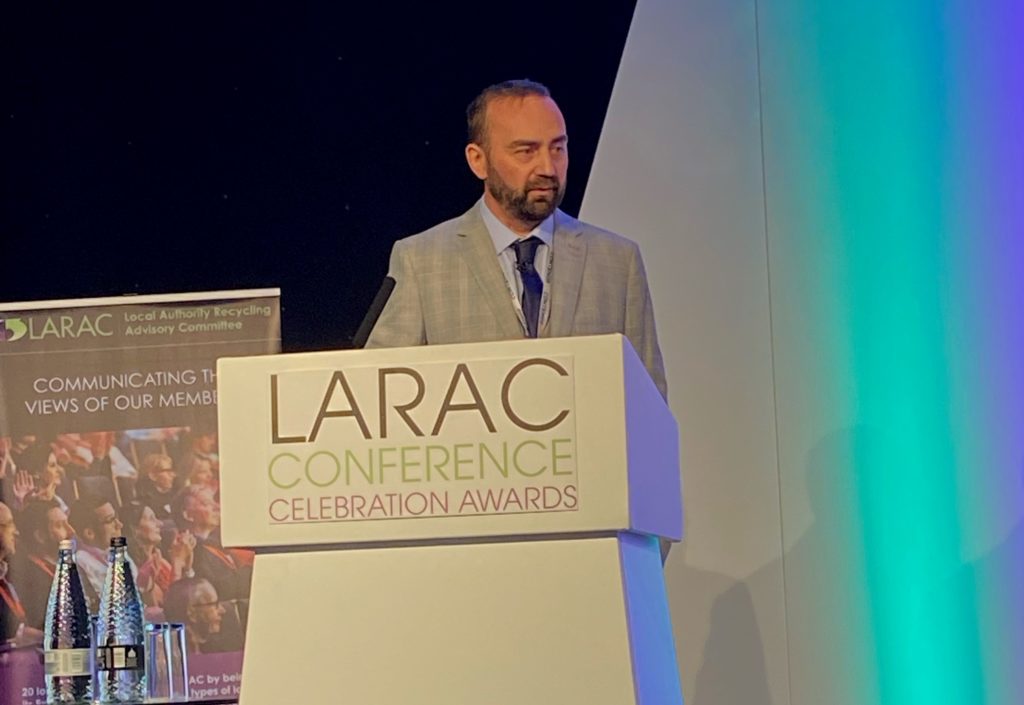At the second session on 6 October, experts gathered to discuss what councils have learned from the pandemic and the benefits that came out of having to think creatively.
Kicking off the session was Ian Garcia, environmental engagement manager at Medway council, who spoke about how the pandemic has influenced communications.
He began by noting the huge growth Medway council has seen across social media, after they decided to expand its online presence during lockdown.
Mr Garcia explained: “Social media has been huge in getting key messages out to people and it’s not something we really did before, we were more out engaging with people physically. Before the pandemic, we only really had twitter and had very few followers. Over the pandemic we expanded to Facebook and Instagram and since then we have grown hugely.”
Mr Garcia highlighted that before the pandemic, Medway council’s twitter account, which started in 2016, had 1,500 followers whereas it now stands at 21,000.
He added that in the last three months, with the added addition of Facebook and Instagram, Medway councils’ social media channels created 340,000 impressions, proving it has massively expanded its reach.
‘New solutions’
Mr Garcia noted that following the increased use of contactless systems, such as QR codes throughout the pandemic, Medway council has implemented this on its newsletters being sent out to residents.
“We’ve made them more wordless and more pictorial. We have included QR codes as well, which allows it to be translated into other languages.”
“In conclusion, the pandemic has taught us new ways to communicate with people, whether that be through social media engagement or QR codes. We are trying to think outside the box to create new solutions.”
‘One size’
Also speaking at the session was Anthony Leonard, head of market strategy at Biffa, who spoke about

the service delivery over the pandemic, and how it has positively changed operations going forward.
Mr Leonard argued that the pandemic proved “one size does not fit all” and stressed the need for councils and organisations to adapt their operations.
He noted the adaptions adopted over the pandemic will stand the waste sector in good stead for the changes it will see when the environment bill is implemented.
Mr Leonard said: “If businesses are to evolve, it will be how successful they can adapt, rather than survive. Businesses will not survive if everything goes back to how it was. The theory is that as the environment changes, we must adapt to it. It is incumbent for councils and organsations to shape how the residents participate, so they become part of the workforce.”
The session also featured a Q&A, where Mr Leonard warned there was plenty more for the waste sector to do, especially amid the heavy good vehicle (HGV) driver shortage.
He suggested there was more to be done in making residents part of the workforce, such as crushing their cans and recycling, so that collections could be minimised, meaning not as many drivers would be needed.












Subscribe for free